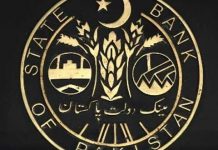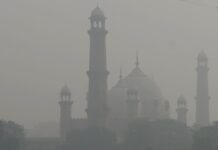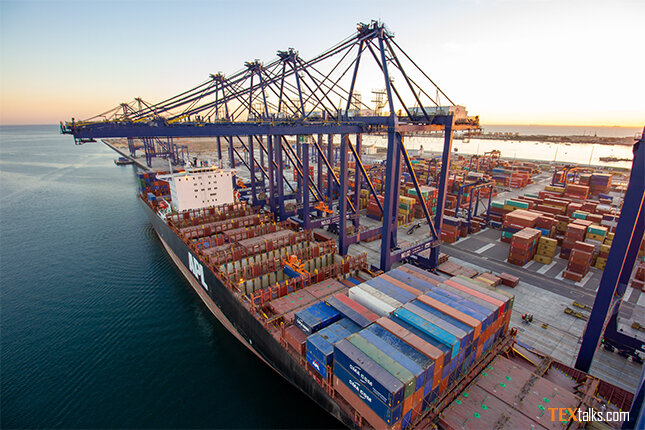Karachi has emerged as the leading city for revenue collection in the fiscal year 2024-25, despite ongoing economic challenges. The city registered a 29% increase in federal tax receipts and a 29.5% rise in sales tax on services collected by the Sindh Revenue Board (SRB), reinforcing its position as the largest contributor to national and provincial revenue.
The Large Taxpayers Office (LTO) in Karachi collected a record Rs3.256 trillion in FY25, a 29.46% increase from the previous year’s Rs2.515 trillion. The LTO also made history by collecting Rs184.7 billion in a single day, with overall collections in June 2025 reaching Rs449.05 billion, reflecting a 48% year-on-year growth.
Chief Commissioner of LTO Karachi attributed this achievement to the professionalism and dedication of the office’s team.
Income tax collection at LTO Karachi reached Rs1.798 trillion, a 32% increase from Rs1.36 trillion in FY24. Sales tax grew by 21%, totaling Rs1.235 trillion, up from Rs1.018 trillion in the previous year.
Additionally, Federal Excise Duty (FED) saw a significant rise of 63%, reaching Rs222.2 billion, up from Rs136.3 billion in FY24. Notably, these figures exclude taxes collected through port operations, further highlighting Karachi’s vital role in the country’s economy.
On the provincial side, the Sindh Revenue Board (SRB) collected Rs306.6 billion in FY25, a 29.5% increase compared to Rs236.8 billion in FY24. Despite low inflation and modest economic growth, SRB maintained double-digit growth, with June alone contributing Rs40.5 billion, marking its highest-ever monthly total and a 44% increase over June FY24’s Rs28.1 billion. June’s collection also saw a 3% rise compared to May 2025.
The SRB collects General Sales Tax (GST) on services, while five offices of the Federal Board of Revenue (FBR) — including RTO-1, RTO-2, Medium Taxpayers Office (MTO), Corporate Tax Office (CTO), and Large Taxpayers Office (LTO) — handle income tax, sales tax on goods, and Federal Excise Duty (FED) within Karachi.
The SRB’s GST collection from Karachi alone is estimated to make up 80% of the total, with the remaining 20% sourced from interior Sindh. Even for businesses operating outside Karachi, taxes are collected at the company headquarters in the city.























